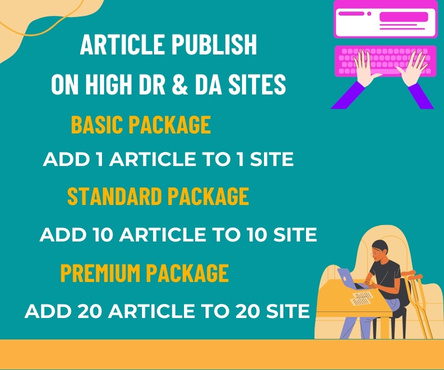Medicine is a vital part of our lives and affects us all in many ways. From preventative care to medical treatments, it’s clear why medicine is so important. In this blog post, we’ll take a look at three key reasons why medicine is such an important part of our lives. We’ll explore how it can help us prevent illnesses, how it can provide medical treatments, and how it can assist in providing a better quality of life. Read on to learn more about the importance of medicine and why it’s essential to our well-being. Click here lorazepam kopen
1) It Can Save Lives
Medicine is incredibly important in the modern world because it can literally save lives. Whether it’s a life-saving operation or a dose of antibiotics to combat a deadly infection, medicine has the power to extend life and give hope where otherwise none would exist. It has the power to rescue someone from a fatal illness, prevent death during childbirth, and to provide life-changing treatments that improve quality of life. Doctors, nurses, and other medical professionals have been saving lives for centuries and this is why medicine is so important—it gives people an opportunity to thrive even when faced with difficult odds.
2) It Can Prevent Diseases
Preventative medicine is an important part of staying healthy and avoiding disease. Through various treatments, medications, and lifestyle changes, doctors can help people protect their bodies from illness and chronic diseases. Vaccinations, for example, have been incredibly effective in preventing the spread of contagious illnesses like the flu, measles, mumps, and rubella. Regular check-ups with a doctor can also help to catch any potential problems early on before they become serious illnesses. With regular screenings, it is possible to identify any warning signs of illnesses like cancer, heart disease, and diabetes, and to start treatment as soon as possible. Taking preventive measures is one of the best ways to ensure health and longevity.
3) It Can Treat Symptoms
Medicine is an essential tool for treating symptoms of diseases and illnesses. This can range from simple, over-the-counter drugs like ibuprofen and acetaminophen to more complex treatments prescribed by a doctor. By managing symptoms, patients can enjoy better quality of life, improved mental health, and an overall reduction in pain and discomfort.
Many illnesses, such as cancer, can cause severe pain and physical disability. Medicine helps alleviate these symptoms, allowing the patient to focus on recovery and living their best life. Likewise, serious mental health conditions, like depression and anxiety, can also be treated with medication. Medication is not a one-size-fits-all approach and should always be discussed with a qualified healthcare provider.
In addition, medicine can be used to treat short-term conditions that are not necessarily life-threatening but still uncomfortable or disabling. For example, antihistamines are often used to treat allergies, antacids for indigestion, and anti-nausea drugs for motion sickness. With appropriate medical treatment, these conditions can be managed without causing too much disruption to daily life.
Overall, medicine is a valuable tool for treating symptoms of illnesses and conditions, both major and minor. By taking advantage of this resource, people can enjoy a better quality of life and improved mental health.

